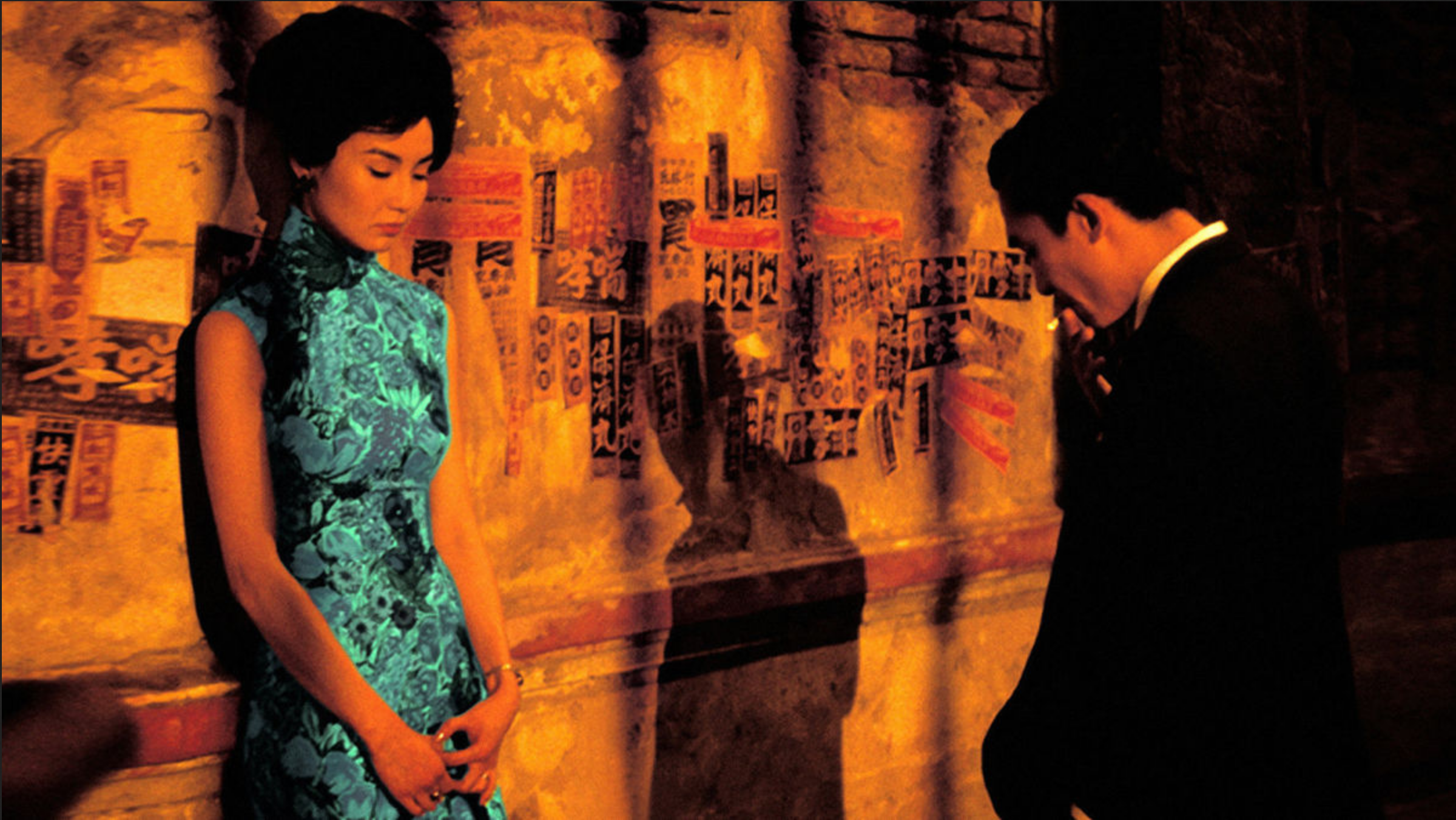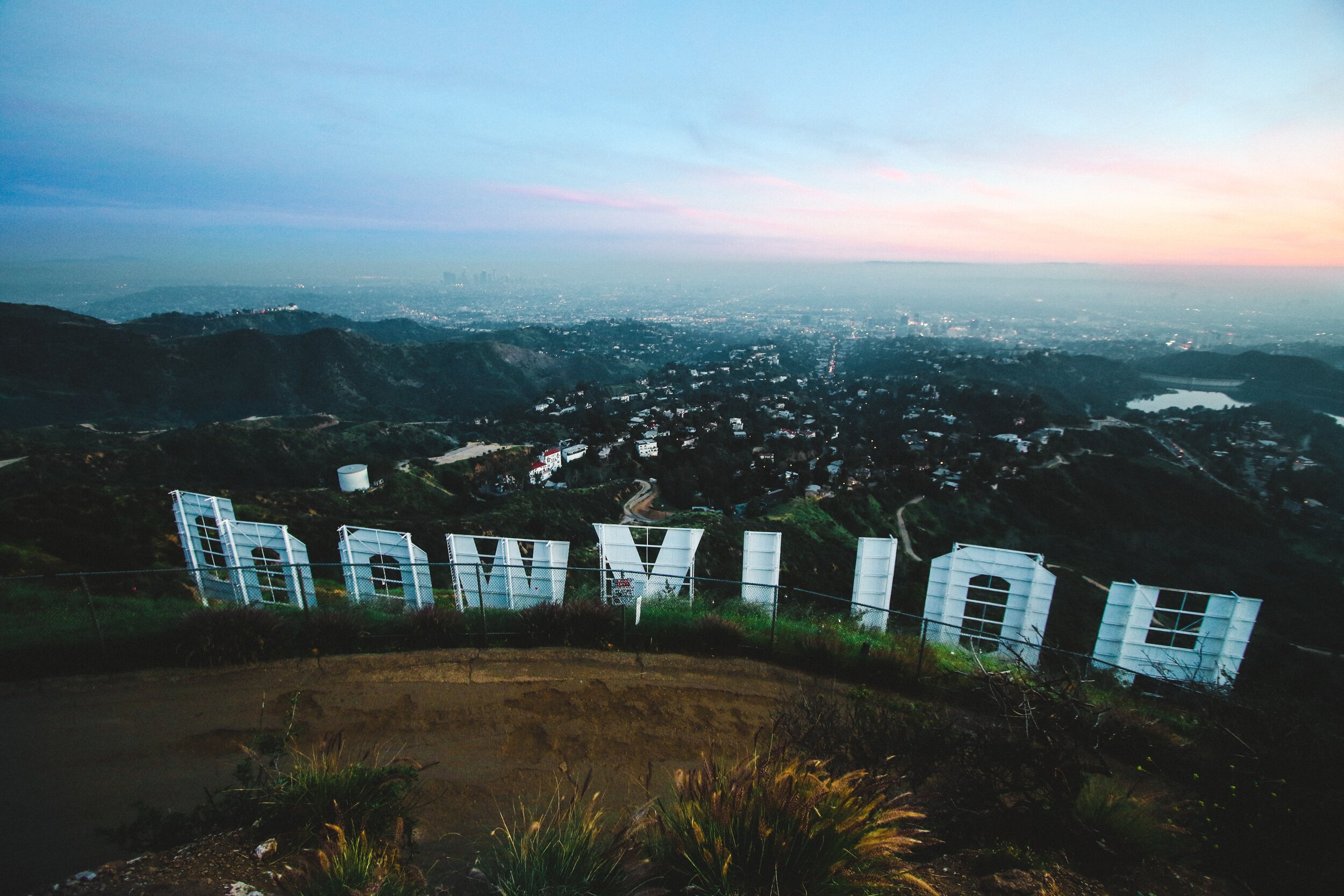Teaching
I’ve included the following courses because I teach them regularly and/or they are close to my research in different ways. (This is not an exhaustive list.) I’ve provided course syllabi from given semesters, though course content changes regularly.
Comm 200 -
Media and Society
This is an introductory course, meant as an overview of media texts, practices, identities, and industries. As the first class undergraduates take in media studies, the goal is to honor the expertise that students bring, while defamiliarizing the familiar and introducing new ways of understanding ubiquitous media in contemporary society.
Comm 226 - History of Radio and Television
My department’s “history of broadcasting” course, but I wanted to make sure radio did not disappear once TV truly arrives. In this undergraduate course, we study the emergence and transformation of both radio and television as artistic, technological and industrial forms. We also define both radio and television as technologies a specific to given national contexts and historical eras. We also focus on longstanding intermedial links between the two media forms.
Comm 342 - Special Topics:
Popular Music and Media
This undergraduate popular music studies class focuses on sound recording cultures and the recording industry, understood as its own industry and one deeply linked to many others. Topics also include popular music texts, genres, identities, subcultures, and mediations through both historical and emerging technologies.
Comm 342 - Special Topics:
Sound in Media and Culture
Although interest in sound studies and sound media research has grown exponentially in recent years, most have yet to receive an introduction. This undergraduate course provides an overview of sound media culture, with a focus on sound and social categorization, cultural geography. the human voice, and sound practices across media.
Comm 345 - Introduction to Film Studies
This undergraduate course in film studies focuses on film as an artistic practice, a narrative form, a technological process, and a media industry. The course is built around key cinematic components: narrative, mise-en-scene, cinematography, sound, editing, and so on. Students interpret and discuss a variety of films from different traditions, genres, eras, and approaches.
Comm 347 - Film Genre Studies:
The Musical
This undergraduate course introduces students to the narrative structures and affective peculiarities of the film musical. Students interpret films from a variety of critical perspectives, culled from a variety of cinematic approaches, national contexts, and historical eras. We discuss musical sub-genres, revivals of the genre in film, and the proliferation of musical episodes or series on television and web platforms.
Comm 615 - Introduction to
Media Studies
This graduate course provides an overview of key cultural approaches to media, through readings that represent historical antecedents, contemporary debates and lasting issues. The approach to media here is focused on industrialized media culture and its growing impacts on everyday life.
Comm 692 - Special Topics: Creative Industries
This graduate course provides an overview of industrial cultures across both information and entertainment sectors, amid dramatic social, economic, and technological transformations. The approach here is drawn both from contemporary cultural and creative industries research and media industry historiography. Students present and discuss a variety of case studies from across media industries.
Comm 692 - Special Topics: Podcasting and
Audio Narratives
This graduate course (I teach an undergraduate version as well) is a production-based introduction to podcasting and a survey of the narrative possibilities of the medium. Course projects and readings are geared to show the broad scope of podcasting as practice. Award-winning practitioners have visited the course to discuss their work, while offering both practical and theoretical advice to students.








